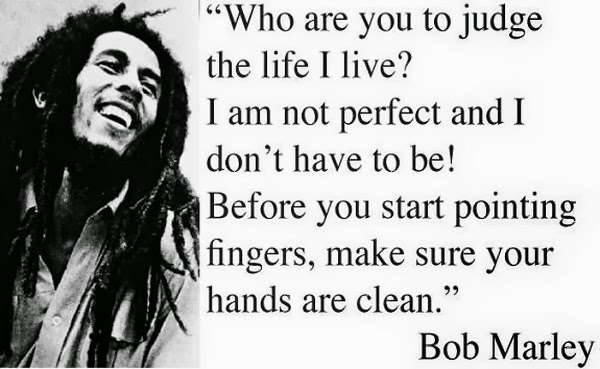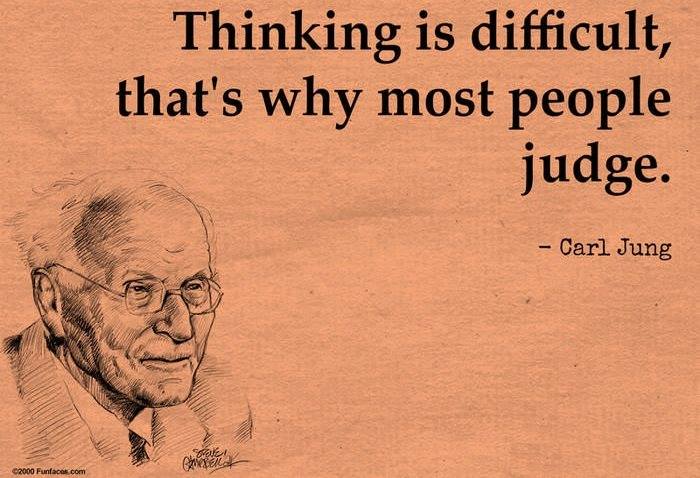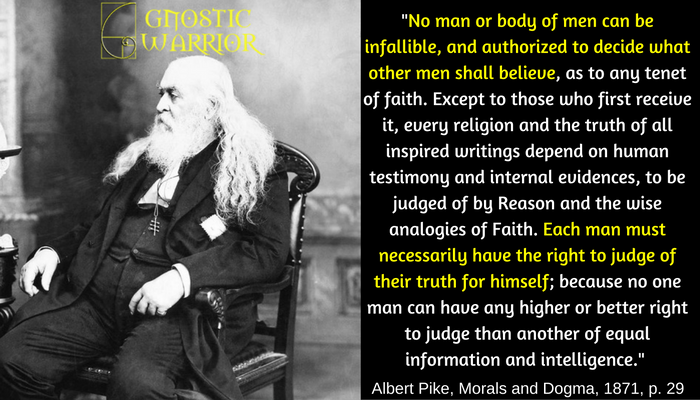p. 128
it has lost. There must always be a wide difference between him who only ceases to do evil, and him who has always done well.
He will certainly be a far more scrupulous watcher over his conduct, and far more careful of his deeds, who believes that those deeds will inevitably bear their natural consequences, exempt from after intervention, than he who believes that penitence and par-don will at any time unlink the chain of sequences. Surely we shall do less wrong and injustice, if the conviction is fixed and embedded in our souls that everything done is done irrevocably, that even the Omnipotence of God cannot uncommit a deed, cannot make that undone which has been done; that every act of ours must bear its allotted fruit, according to the everlasting laws,–must remain forever ineffaceably inscribed on the tablets of Universal Nature.
If you have wronged another, you may grieve, repent, and resolutely determine against any such weakness in future. You may, so far as it is possible, make reparation. It is well. The injured party may forgive you, according to the meaning of human language; but the deed is done; and all the powers of Nature, were they to conspire in your behalf, could not make it undone; the consequences to the body, the consequences to the soul, though no man may perceive them, are there, are written in the annals of the Past, and must reverbrate throughout all time.
Repentance for a wrong done, bears, like every other act, its own fruit, the fruit of purifying the heart and amending the Future, but not of effacing the Past. The commission of the wrong is an irrevocable act; but it does not incapacitate the soul to do right for the future. Its consequences cannot be expunged; but its course need not be pursued. Wrong and evil perpetrated, though ineffaceable, call for no despair, but for efforts more energetic than before. Repentance is still as valid as ever; but it is valid to secure the Future, not to obliterate the Past.
Even the pulsations of the air, once set in motion by the human voice, cease not to exist with the sounds to which they gave rise. Their quickly-attenuated force soon becomes inaudible to human ears. But the waves of air thus raised perambulate the surface of earth and ocean, and in less than twenty hours, every atom of the atmosphere takes up the altered movement due to that infinitesimal portion of primitive motion which has been conveyed to it
p. 129
through countless channels, and which must continue to influence its path throughout its future existence. The air is one vast library, on whose pages is forever written all that man has ever said or even whispered. There, in their mutable, but unerring characters, mixed with the earliest, as well as the latest signs of mortality, stand forever recorded, vows unredeemed, promises unfulfilled; perpetuating, in the movements of each particle, all in unison, the testimony of man’s changeful will. God reads that book, though we cannot.
So earth, air, and ocean are the eternal witnesses of the acts that we have done. No motion impressed by natural causes or by human agency is ever obliterated. The track of every keel which has ever disturbed the surface of the ocean remains forever registered in the future movements of all succeeding particles which may occupy its place. Every criminal is by the laws of the Almighty irrevocably chained to the testimony of his crime; for every atom of his mortal frame, through whatever changes its particles may migrate, will still retain, adhering to it through every combination, some movement derived from that very muscular effort by which the crime itself was perpetrated.
What if our faculties should be so enhanced in a future life as to enable us to perceive and trace the ineffaceable consequences of our idle words and evil deeds, and render our remorse and grief as eternal as those consequences themselves? No more fearful punishment to a superior intelligence can be conceived, than to see still in action, with the consciousness that it must continue in action forever, a cause of wrong put in motion by itself ages before.

Moe is the founder of GnosticWarrior.com. He is a father, husband, author, martial arts black belt, and an expert in Gnosticism, the occult, and esotericism.





![How the South Saxons received Eadbert and Eolla, and the West Saxons, Daniel and Aldhelm, for their bishops; and of the writings of the same Aldhelm [705 A.D.] | Book 5 | Chapter 17 How the South Saxons received Eadbert and Eolla, and the West Saxons, Daniel and Aldhelm, for their bishops; and of the writings of the same Aldhelm [705 A.D.] | Book 5 | Chapter 17](https://www.gnosticwarrior.com/wp-content/plugins/contextual-related-posts/default.png)